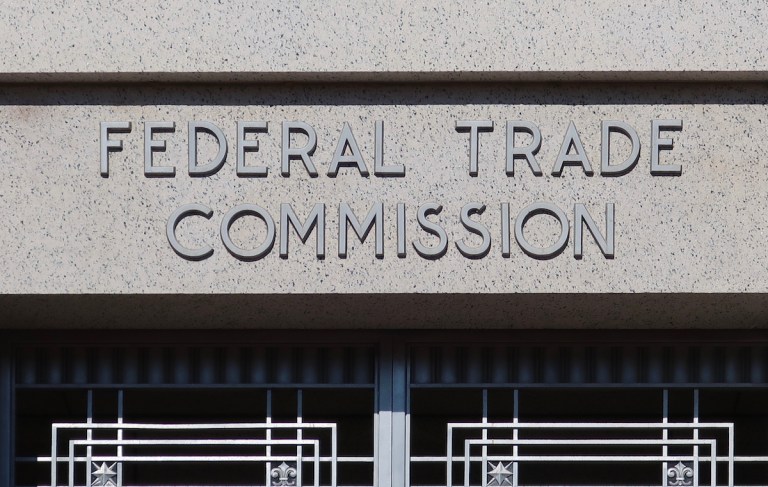FTC Seeks Ideas to Prevent Misuse of AI-Enabled Voice Cloning

The Federal Trade Commission (FTC) has taken a proactive stance in protecting consumers from the potential dangers of artificial intelligence-enabled voice cloning technology.
The FTC unveiled the Voice Cloning Challenge, inviting submissions of ideas that can help prevent the misuse of this technology for fraudulent and malicious purposes, according to a Thursday (Nov. 16) press release.
“We want to address harms before they hit the marketplace and enforce the law when they do,” Samuel Levine, director of the FTC’s Bureau of Consumer Protection, said in the release.
Voice cloning technology has seen advancements with the progress of text-to-speech AI technology, according to the release.
While it offers promising applications like aiding individuals who have lost their voices, the FTC has expressed concerns about its potential for misuse, the release said. For example, fraudsters could exploit voice cloning to impersonate loved ones, acquaintances or business executives, deceiving unsuspecting consumers and causing financial harm.
To tackle these concerns head-on, the FTC’s Voice Cloning Challenge seeks ideas to prevent, monitor and evaluate the malicious use of voice cloning technology, per the release. Submissions to the challenge should address one of three key intervention points: prevention or authentication, real-time detection or monitoring, or post-use evaluation.
“The challenge is crafted in a way that ensures companies are responsible for the first- and second-order effects of the products they release,” FTC Chief Technology Officer Stephanie T. Nguyen said in the release.
The challenge will accept online submissions from Jan. 2-12, 2024, with $25,000 being offered to the winner, according to the release.
Companies and individuals interested in participating in the challenge can find detailed information on how to submit proposals and the complete challenge rules on the dedicated challenge website.
This initiative marks the fifth challenge issued by the FTC under the America Competes Act, with previous challenges focusing on combating robocalls and addressing security vulnerabilities associated with Internet of Things devices, per the release.
In one development in text-to-speech technology, Microsoft announced Wednesday (Nov. 15) the public preview release of Azure AI Speech technology that allows users to create talking avatar videos with text input and build real-time interactive bots using human images.
To prevent the use of the technology for deepfakes and misleading content, custom avatar access is limited and available by registration only for certain use cases.
For all PYMNTS AI coverage, subscribe to the daily AI Newsletter.